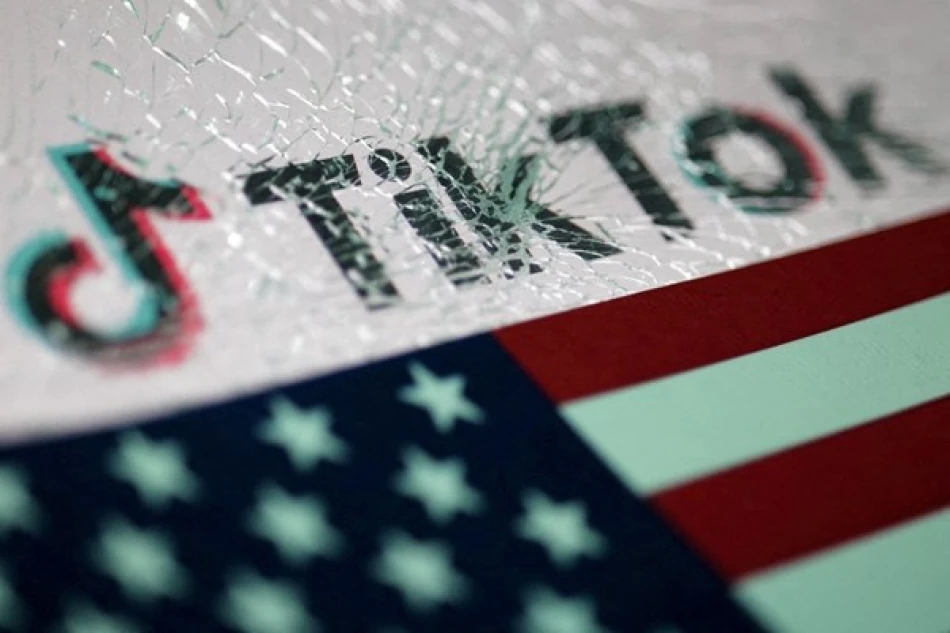
White House Joins TikTok, Aims to Engage Younger Audience
White House Joins TikTok Despite Looming Ban Threat: Trump's Strategic Digital Gambit
The White House launched its official TikTok account Tuesday, marking a bold political maneuver as the Chinese-owned platform faces a potential ban in the United States. The move signals President Trump's willingness to leverage popular social media channels for political messaging, even as his administration grapples with national security concerns over ByteDance's ownership of the app.
A 27-Second Statement of Intent
The inaugural post featured a 27-second video montage of Trump moments accompanied by the caption "America is back! What's up, TikTok?" Within three hours, the official White House account had attracted over 25,000 followers, demonstrating the platform's continued appeal despite regulatory uncertainty.
The account's bio declares "Welcome to America's Golden Age," reinforcing Trump's campaign messaging while establishing a direct communication channel with TikTok's predominantly young user base.
The Congressional Ultimatum
This digital debut comes as TikTok faces an existential threat in the U.S. market. Congressional legislation passed in 2024 mandates that ByteDance, TikTok's Chinese parent company, must divest its ownership or face a complete ban. The current deadline for this forced sale is September 17, giving the administration just months to resolve the standoff.
National Security vs. Political Utility
The White House's decision to join TikTok while simultaneously threatening its existence reveals the complex calculus facing the Trump administration. TikTok's 170 million American users represent a massive audience that politicians cannot easily ignore, particularly younger demographics that have proven difficult to reach through traditional media channels.
Trump's personal TikTok account, which boasts over 110 million followers, has remained dormant since Election Day 2024, suggesting a strategic shift toward using official government channels for platform engagement.
Market and Policy Implications
This development creates significant uncertainty for investors and technology companies monitoring U.S.-China digital relations. The White House's embrace of TikTok could signal potential flexibility in enforcement, or conversely, represent a final attempt to extract maximum political value before implementing restrictions.
Global Precedent and Competitive Dynamics
The U.S. approach contrasts sharply with other major markets. India banned TikTok outright in 2020, while the European Union has focused on data protection regulations rather than ownership requirements. The American strategy of forced divestiture represents a middle path that could influence how other democracies handle Chinese technology platforms.
For ByteDance, the White House's platform adoption adds another layer of complexity to their divestiture decision. Selling TikTok would mean losing access to the world's most influential political communications channel, while retaining ownership risks complete market exclusion.
The September Deadline Approaches
With less than eight months remaining before the Congressional deadline, the White House's TikTok strategy suggests confidence in either securing a favorable resolution or maximizing political impact before potential restrictions take effect. The administration's willingness to engage directly with the platform may also provide leverage in negotiations with ByteDance over the terms of any potential sale.
This digital diplomacy experiment will likely influence how future administrations balance national security concerns with the political necessity of reaching audiences on dominant social media platforms, regardless of their ownership structure.
Most Viewed News

 Layla Al Mansoori
Layla Al Mansoori






